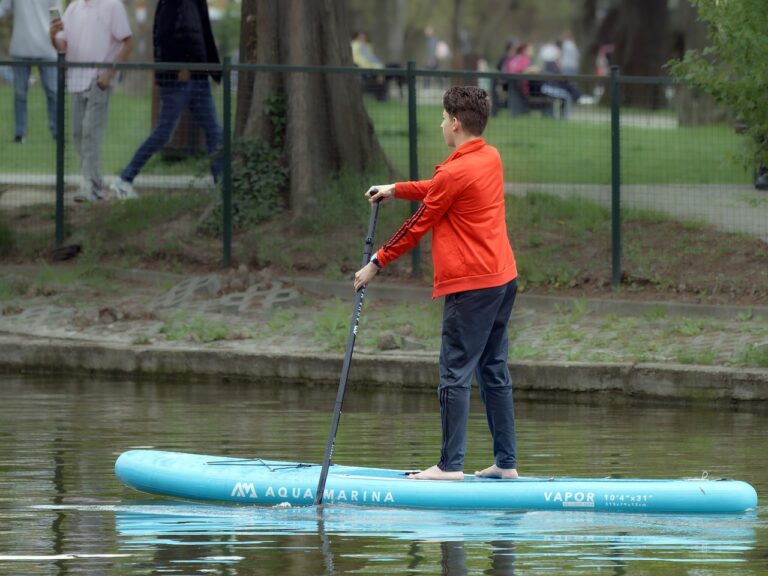The Psychology of Impulse Purchases and Lifestyle Choices
Impulse purchases often stem from the desire to fulfill an immediate need or want. The feeling of urgency or scarcity, such as limited-time offers or low stock warnings, can trigger impulsive buying behavior as individuals fear missing out on a good deal. Additionally, the element of surprise, such as stumbling upon a spontaneous sale or unexpected discount, can entice consumers to make impulsive purchases without prior planning or consideration.
Impact of Social Media on Impulse Buying
Social media has become a powerful tool in influencing consumers’ impulse buying behavior. The constant bombardment of targeted advertisements and sponsored posts on platforms such as Instagram and Facebook can create a sense of urgency and desire to make immediate purchases. The visually stimulating nature of social media content can trigger impulsive responses as users come across aesthetically pleasing products that evoke emotions like envy and desire.
Moreover, the interactive nature of social media allows brands to engage with consumers in real-time, enabling immediate feedback and responses to inquiries. This instant gratification can lead to impulsive purchases as users are more likely to act on their impulses when presented with attractive deals or limited-time offers. The seamless integration of shopping features on social media platforms further facilitates impulse buying, with the ability to make purchases with just a few taps on a mobile device.
Social media platforms like Instagram and Facebook bombard users with targeted advertisements and sponsored posts
Visually stimulating content on social media triggers impulsive responses in consumers
Interactive nature of social media allows for real-time engagement between brands and consumers
Instant gratification from immediate feedback and responses can lead to impulse purchases
Seamless integration of shopping features on social media makes it easy for users to make quick purchases
Emotional Factors in Impulse Purchases
Impulse purchases are often driven by emotions rather than rational thinking. Feelings of excitement, desire, or even inadequacy can play a significant role in prompting individuals to make spontaneous buying decisions. These emotional triggers can override logical considerations, leading to impulse purchases that may not align with one’s actual wants or needs.
Many emotional factors can contribute to impulse buying, including the need for instant gratification, seeking comfort or escapism, and succumbing to the fear of missing out on a limited-time offer. Marketers often exploit these emotions through strategic advertising and promotion tactics, tapping into consumers’ vulnerabilities to urge them to make impulsive purchases. Understanding these emotional triggers is crucial in curbing impulse buying tendencies and making more mindful spending choices.
What are some common triggers for impulse purchases?
Some common triggers for impulse purchases include limited time offers, sales, peer pressure, and emotional states like boredom or stress.
How does social media impact impulse buying?
Social media can impact impulse buying by showcasing products in a way that triggers emotions like envy or desire, leading consumers to make impulse purchases.
What emotional factors play a role in impulse purchases?
Emotional factors such as excitement, happiness, fear of missing out, and instant gratification can all play a role in driving impulse purchases.







